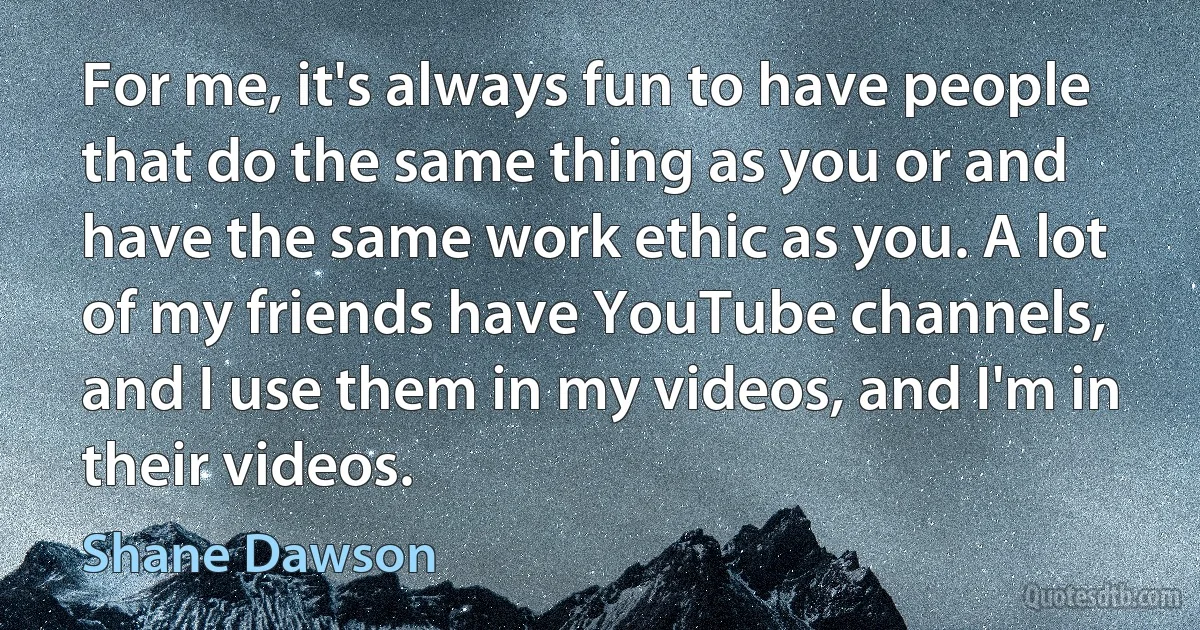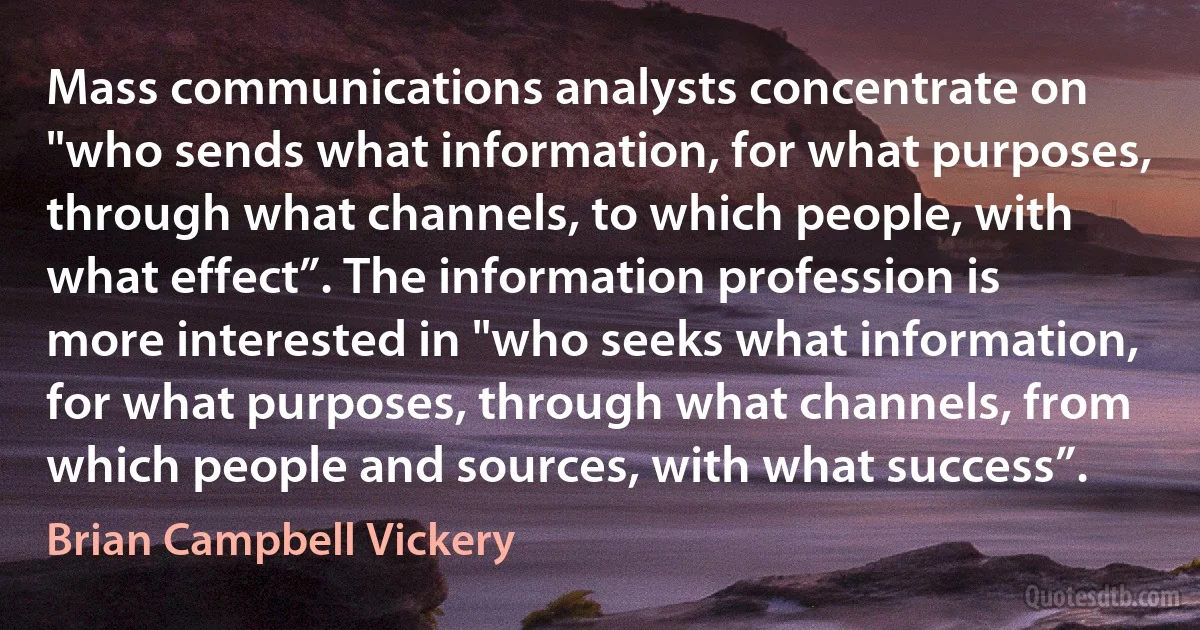Channels Quotes - page 5
Half of the human race lives in manifest obedience to the lunar rhythm; and there is evidence to show that the psychological and therefore the spiritual life, not only of women, but of men too, mysteriously ebbs and flows with the changes of the moon. There are unreasoned joys, inexplicable miseries, laughters and remorses without a cause. Their sudden and fantastic alternations constitute the ordinary weather of our minds. These moods, of which the more gravely numinous may be hypostasized as gods, the lighter, if we will, as hobgoblins and fairies, are the children of the blood and humours. But the blood and humours obey, among many other masters, the changing moon. Touching the soul directly through the eyes and, indirectly, along the dark channels of the blood, the moon is doubly a divinity.

Aldous Huxley
With these problems in mind, I am prepared to move even further towards an ending of hostilities than your Government has proposed in either public statements or through private diplomatic channels. I am prepared to order a cessation of bombing against your country and the stopping of further augmentation of U. S. forces in South Viet-Nam as soon as I am assured that infiltration into South Viet-Nam by land and by sea has stopped. These acts of restraint on both sides would, I believe, make it possible for us to conduct serious and private discussions leading toward an early peace.

Lyndon B. Johnson
I foresee a universal information system (UIS), which will give everyone access at any given moment to the contents of any book that has ever been published or any magazine or any fact. The UIS will have individual miniature-computer terminals, central control points for the flood of information, and communication channels incorporating thousands of artificial communications from satellites, cables, and laser lines. Even the partial realization of the UIS will profoundly affect every person, his leisure activities, and his intellectual and artistic development. ... But the true historic role of the UIS will be to break down the barriers to the exchange of information among countries and people.

Andrei Sakharov
We [should not] make the mistake of thinking that marriage will provide the ultimate satisfaction for which we all hunger. To assume so would be to be guilty of blasphemy. Only God satisfies the hungry heart. Marriage is but one of the channels He uses to enable us to taste how deeply satisfying His thirst-quenching grace can be.

Sinclair B. Ferguson
Higher, directed forms of energy (e. g., mechanical, electric, chemical) are dissipated, that is, progressively converted into the lowest form of energy, i. e., undirected heat movement of molecules; chemical systems tend toward equilibria with maximum entropy; machines wear out owing to friction; in communication channels, information can only be lost by conversion of messages into noise but not vice versa, and so forth.

Ludwig von Bertalanffy
A generation ago, or two, when there were three channels, plus PBS, and when you needed - when you needed 15 million people to make a living, the media could focus on the broad country. And most people had no choice about getting political information. It was there at 6:30 whether you wanted it or not.

David Frum
Information practice is concerned with facilitating the interaction between knowledge seekers – through channels – with knowledge (personal and recorded). Stepping back from practice, we may see the role of the science as exploring the characteristics of people and their "information behaviour”, the features of knowledge records of every kind, the variety of channels (oral, written, printed, graphic, digital) that may be used to transmit information, and how the three elements interact.

Brian Campbell Vickery
Thinking is most mysterious, and by far the greatest light upon it that we have is thrown by the study of language. This study shows that the forms of a person's thoughts are controlled by inexorable laws of pattern of which he is unconscious. These patterns are the unperceived intricate systematizations of his own language--shown readily enough by a candid comparison and contrast with other languages, especially those of a different linguistic family. His thinking itself is in a language-in English, in Sanskrit, in Chinese. And every language is a vast pattern-system, different from others, in which are culturally ordained the forms and categories by which the personality not only communicates, but also analyzes nature, notices or neglects types of relationship and phenomena, channels his reasoning, and builds the house of his consciousness.

Benjamin Lee Whorf
Should the United States seek so-called energy independence in an elusive effort to insulate this country from the impact of world events on the economy, or should Americans pursue the path of international engagement, seeking ways to better compete within the global market for energy? Like the Council's founders, I believe we must choose the course of greater international engagement ... The central reality is this: The global free market for energy provides the most effective means of achieving U. S. energy security by promoting resource development, enabling diversification, multiplying our supply channels, encouraging efficiency, and spurring innovation.

Rex Tillerson
![I'm sure you have seen people in life who are so desirous of gaining attention that if they cannot have and gain attention through normal channels, through normal social channels, they will gain it through anti-social means. [...] They are so selfcentered that they must gain attention and they must be seen in order to survive. They want to be admired and in their quest for admiration, they don't gain it and in their failure to gain it, they become frustrated and bewildered and disillusioned. Also, it leads to extreme sensitiveness. (Martin Luther King Jr.)](https://cdn.quotesdtb.com/img/quotes_images_webp/43/martin-luther-king-jr-449443.webp)


